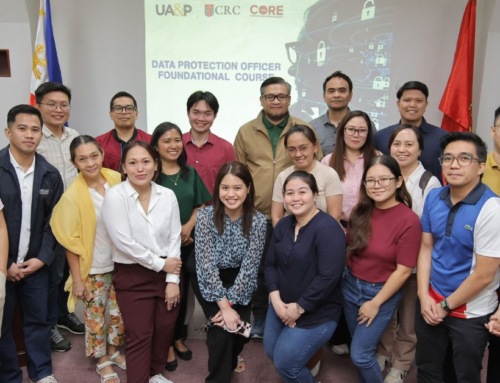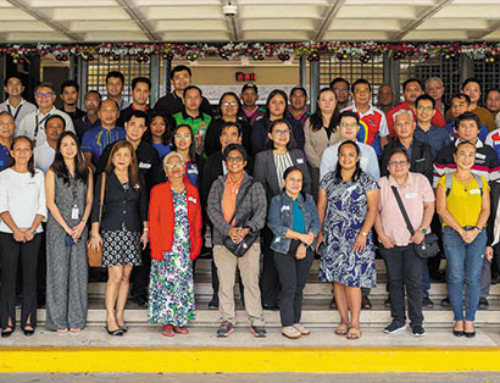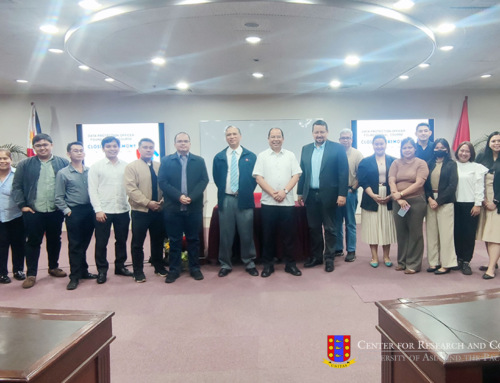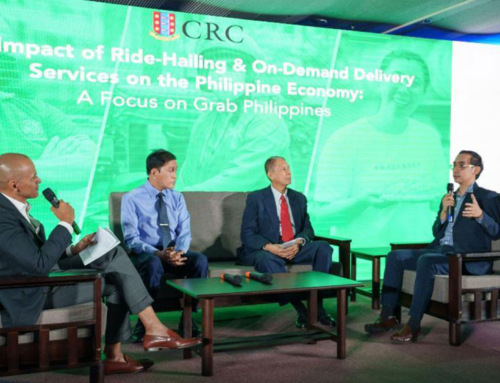
Ortigas, Pasig — How did villages scattered on different islands come to regard themselves as forming a single community embracing all the islands we now call “the Philippines”?
A new study by Dr. Paul A. Dumol, under a grant from the Center for Research and Communication Foundation Research Fund, reexamines the history of the ties that bind a people together. The focus of their study: the “pueblo” – with a particular focus on the founding of the Pueblos on Panay Island during the early Spanish colonial period.
The study views these as the Philippines’ first civic communities, with people coming from different families, learning to live with one another. Before them were the barangays, whose inhabitants were defined by their familial relations to one another.
These civic commuinites would later give birth to the concept of the region as civic community, and from that regional identity would arise the concept of the nation as civic community. “To investigate the origins of the pueblo,” the researchers thus argue, “is to investigate the origins of the Philippine nation.”
Dr. Dumol was assisted in the research by Dr. Grace Liza Y. Concepcion and a team including Bianca Marañon, Joseph Cantos Ofilada, Therese Marie Santos, and Nina Carmela Ynion.
Their study will be the subject of an online reasearch update from Dr. Dumol, titled “The Pueblos of Panay: Examining Their foundation Dates” which will be held at 10AM PST (GMT+8) on July 30, 2020, a Thursday.
Interested attendees can register in advance for this zoom event at https://lnkd.in/g-wcKjD, and will receive a confirmation email containing information about joining the webinar after registering. • | RE de Leon || CRC.
———————————————
This event is hosted through the collaboration of the Center for Research and Communication and the UA&P Department of Information Science and Technology.
The Center for Research and Communication is a research and consultancy group that partners with the University of Asia and the Pacific (UA&P), drawing upon UA&P’s considerable human and knowledge resources to meet the research needs of businesses and development agencies throughout the Philippines. To find out more about CRC, you can reach Mr. De Leon by email at [email protected], or through [email protected].






